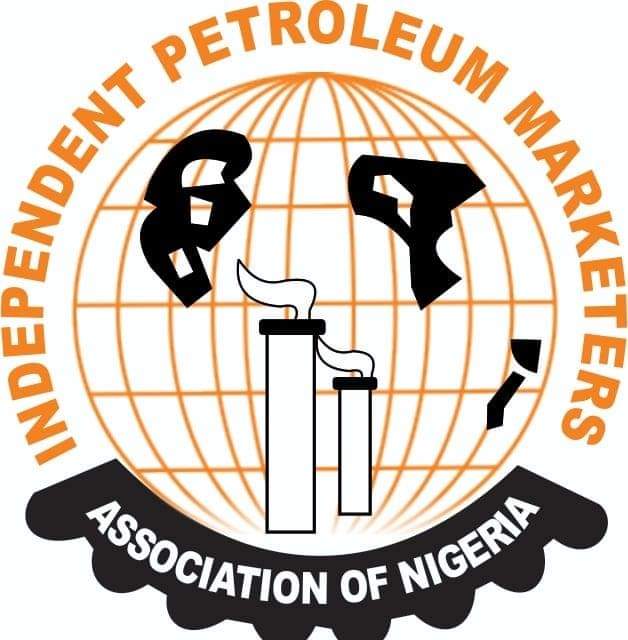The Independent Petroleum Marketers Association of Nigeria (IPMAN) has appealed to the Federal Government for financial support to facilitate the upgrade of their existing filling stations into Compressed Natural Gas (CNG) refueling points. IPMAN emphasizes the capital-intensive nature of this conversion, requiring significant investment to acquire the necessary equipment and infrastructure. They contend that financial assistance from the government is crucial for the widespread adoption of CNG as an alternative fuel source. The association highlights the current challenges faced by marketers in accessing loans from commercial banks due to high interest rates, further underscoring the need for government intervention. IPMAN proposes the establishment of a specialized “bank of oil and gas,” similar to the Bank of Industry, to cater to the specific financial needs of the petroleum marketing sector. Such an institution, they argue, would better understand the industry’s dynamics and provide more tailored financial solutions.
IPMAN has expressed its strong support for the government’s CNG initiative and has offered its existing network of filling stations for conversion to CNG refueling points. They believe their widespread presence across the country offers a readily available infrastructure that can be leveraged for efficient and rapid deployment of CNG facilities. This, according to IPMAN, is a more practical approach compared to building new CNG stations from scratch, which would involve significant time, resources, and potential environmental disruption. The association has already presented its proposal to the Federal Government and awaits further discussions to finalize the partnership and implementation plan. IPMAN stresses the critical role of readily accessible CNG refueling stations in the success of the CNG adoption program. Without a sufficient network of refueling points, the public will be hesitant to convert their vehicles to CNG, hindering the transition to this cleaner fuel alternative.
The availability of CNG refueling infrastructure is a significant bottleneck in the government’s CNG initiative. While the government has encouraged vehicle owners to switch to CNG and signed agreements for the construction of CNG stations and conversion centers, the rollout has been slow. The limited number of existing CNG stations is causing long queues and delays for motorists seeking to refuel, discouraging wider adoption. IPMAN argues that partnering with them will expedite the process by leveraging their existing infrastructure and expertise. They propose that their stations can be easily adapted to accommodate CNG dispensing facilities, requiring only “add-on” installations rather than building entirely new stations. This, they believe, is a cost-effective and efficient way to rapidly expand the CNG refueling network.
IPMAN emphasizes the urgency of government action, pointing out the long queues and wait times at the few existing CNG stations. Truck drivers and car owners alike face significant delays in refueling, highlighting the inadequate infrastructure to support the growing demand for CNG. The association believes this situation underscores the need for the government to act swiftly and partner with IPMAN to expedite the rollout of CNG refueling points. They argue that their existing network of stations is strategically positioned to serve the needs of motorists across the country and can be readily adapted to accommodate CNG dispensing facilities. This collaborative approach, they contend, will be crucial in driving the successful adoption of CNG as a viable alternative fuel source.
The government’s push for CNG adoption follows the removal of fuel subsidies in 2023, leading to a significant increase in petrol prices. CNG is presented as a more affordable and environmentally friendly alternative to petrol. However, the success of this initiative hinges on the availability of refueling infrastructure. With only a limited number of CNG stations currently operational, the initiative faces a significant hurdle in achieving widespread adoption. IPMAN’s proposal to partner with the government offers a potential solution to address this infrastructure gap and accelerate the transition to CNG. By leveraging IPMAN’s existing network and expertise, the government can expedite the rollout of CNG refueling points and create a more conducive environment for motorists to embrace this alternative fuel source.
The transition to CNG aligns with the global push towards cleaner energy sources and reduced carbon emissions. CNG offers a more environmentally friendly alternative to traditional petrol, contributing to improved air quality and reduced greenhouse gas emissions. The success of this transition, however, depends on addressing the infrastructure challenges and ensuring convenient access to CNG refueling points. IPMAN’s proposal to partner with the government represents a potentially effective strategy to accelerate the development of the necessary infrastructure and facilitate the widespread adoption of CNG as a viable and sustainable transportation fuel. By working together, the government and IPMAN can overcome the current bottlenecks and pave the way for a cleaner and more affordable transportation sector in Nigeria.














